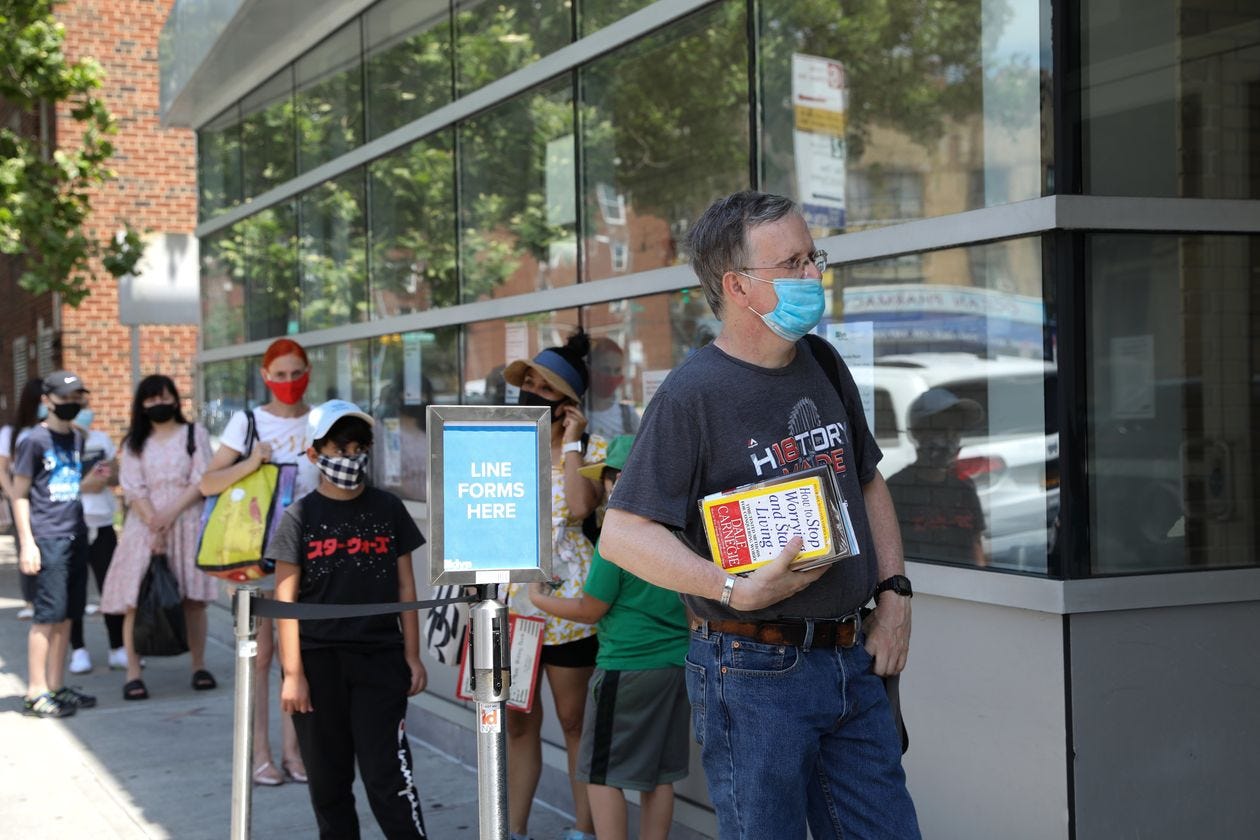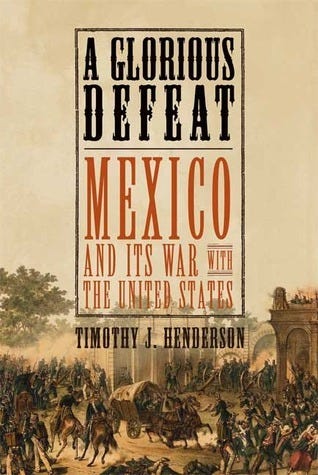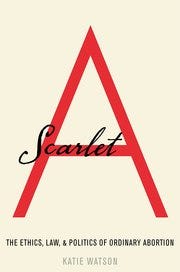Ah. Remember the heat of COVID (the Big V), including where along my way only a few libraries were open, basically to pick up books?
We are past those days. People still regularly have COVID. We continue to have boosters. On November 1st, I saw a sign about "no masks" in my local supermarket, and got all upset. How dare they! Turns out it was addressed to the day before. They did not want people with Halloween masks.
I stopped by the library while visiting a relative. This is the season for nice walks (it's about twenty minutes away).
It somewhat amazes me that I often go to the library with loads of books [what a blessing] and find nothing much of interest. This time, I did find two good books.
The first is a smallish book (around two hundred pages is a good size for me) about the Mexican War. I studied the war and all. The first major paper I recall writing was in junior high. It was about the Alamo.
This book looks at things from the Mexican point of view. It didn’t go well for them.
If you look at things in a realistic way, Mexico was too weak and broken at the time to withhold its thinly controlled Northern territories. This did not give the Americans the right to them or something. It is just how things were.
Life does not always go gently. So, it took a war and a great amount of internal trouble (including a violent civil war). And, Mexico gave up the land, getting some money too, if less than offered beforehand.
Katie Watson, a bioethicist and lawyer, wrote this book in 2018. So, she could say that the law of the land was that there was a constitutional right to choose an abortion. She uses this book to explain why ethically there should be as well.
(She notes that Justice Sandra Day O'Connor wrote Planned Parenthood v. Casey, the opinion that reaffirmed Roe v. Wade.
This is wrong. The plurality opinion was written by three justices. O'Connor, to my understanding, wrote the section applying the undue burden test. Souter wrote the section about precedent. Kennedy wrote the privacy section.)
Watson has a liberal point of view. She voices some disgust at some of the anti-abortion laws in place, especially those she thinks are based on a lie.
Laws supposedly to protect health are truly "trojan horses" against abortion. They are a form of "Russian dolls" that are not just against abortion but also promote a point of view against gender equality. She supports gender equality. She supports pluralism and honesty about as much.
She states different points of view. She counsels a generosity of spirit and openness. She provides various personal examples, including her own. She cites people strongly against abortion, including an ethicist she knows. It might have helped to provide another personal story or two from that end.
Watson focuses on "ordinary abortions," those without special circumstances [to use a common term; any term in this context is open to dispute] such as rape or severe threat to health. We need an updated introduction. Here is a clip of her from 2022.
She did address how reproductive care is a class issue. The burdens lead many more poor people to have children they otherwise would not. The book was only so long. I understand decisions had to be made.
A case can be made that more should have been said about this issue, including the injustice of a system where the poor are denied health care (Hyde Amendments). Nonetheless, the book covers a lot of ground and is well-recommended.
Both books are for the general reader though this takes a bit closer reading at times.






